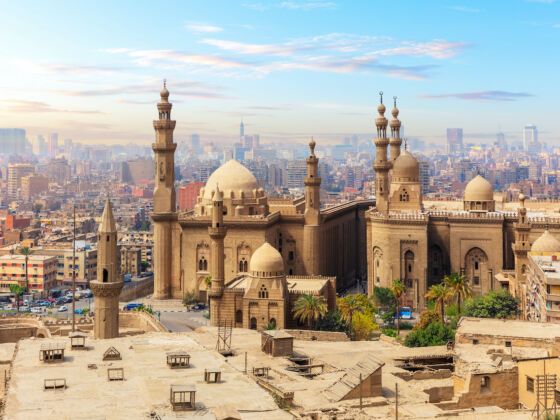On February 11th 2011, Hosni Mubarak stepped down as fourth President of Egypt, leaving the armed forces council in charge of the affairs of state.
Hundreds of miles away in a cafe in Brixton, London, I burst into tears. They’d done it! Mubarak had pharaoh’d over the Egyptian people for 30 years, yet they ousted him in less than three weeks of protests.
